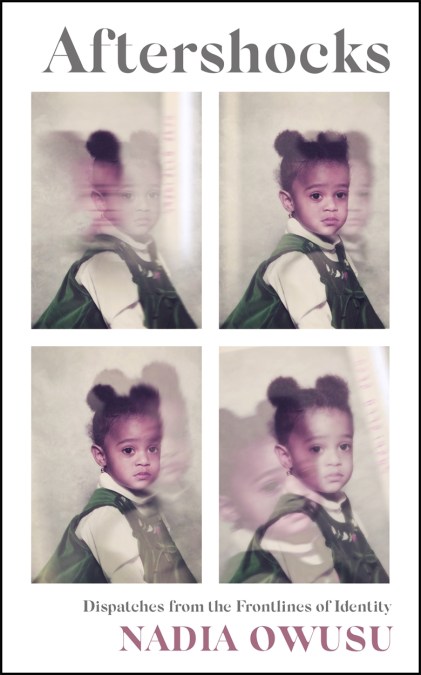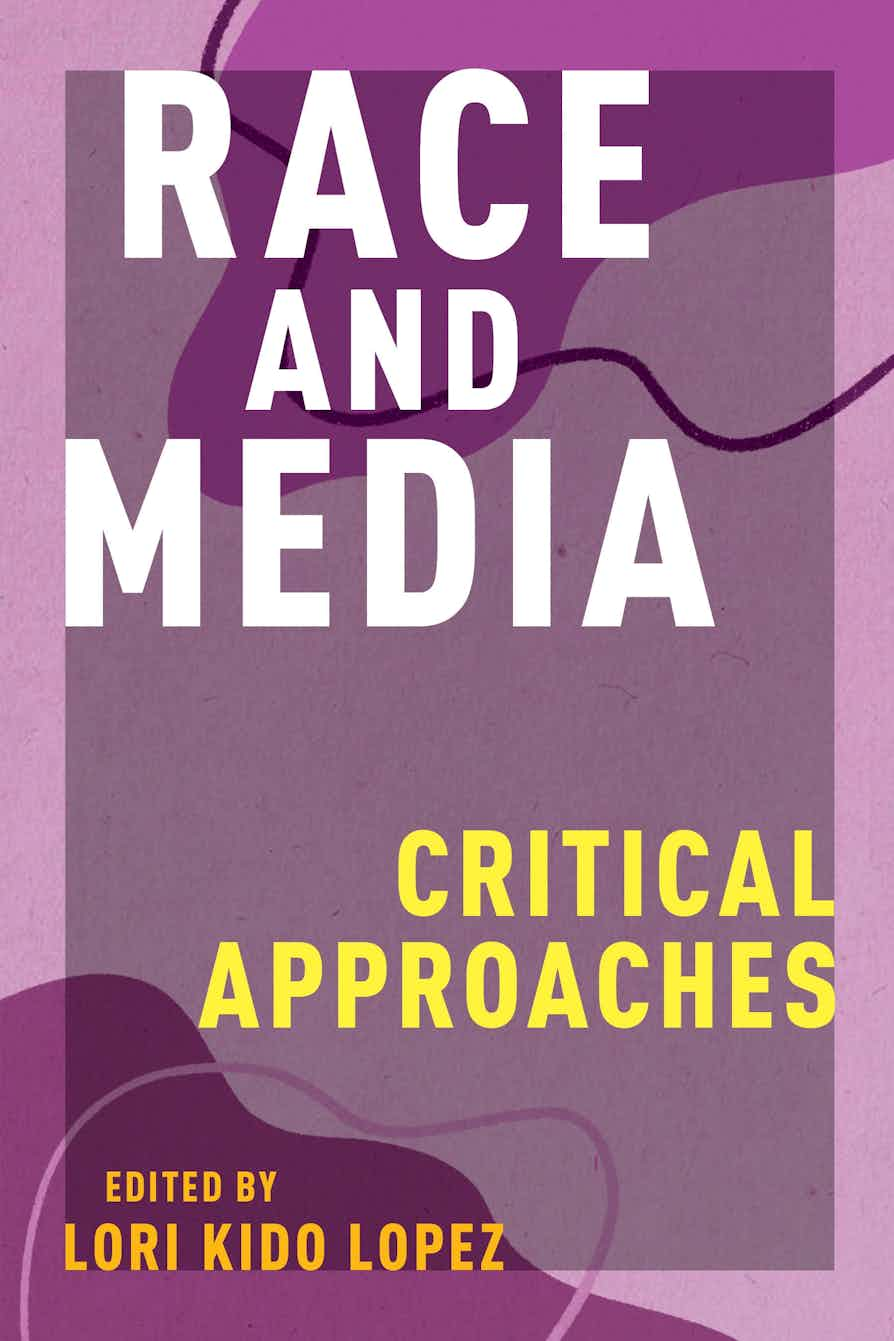Free People of Color History Conversation (Zoom Virtual Event)Posted in Forthcoming Media, History, Live Events, United States, Videos on 2021-01-30 22:37Z by Steven |
Free People of Color History Conversation (Zoom Virtual Event)
Cape Fear Museum
814 Market Street
Wilmington, North Carolina 28401
Friday, 2021-02-05, 17:00Z (12:00 EST)
Jan Davidson, Cape Fear Museum and Host
In 1860, 12 percent of the free people of color in slave states lived in North Carolina. Join UNCG professor Dr. Warren Milteer and Cape Fear Museum on Zoom for a conversation about the lives of free men, women, and children of color in our region. Dr. Milteer, who authored North Carolina’s Free People of Color, will discuss his work with Museum historian Dr. Jan Davidson.
Warren Eugene Milteer, Jr. is an assistant professor of history at the University of North Carolina at Greensboro. He received his Ph.D. from the University of North Carolina at Chapel Hill in 2014. His publications include two academic books, Beyond Slavery’s Shadow: Free People of Color in the South (forthcoming with UNC Press, 2021) and North Carolina’s Free People of Color, 1715-1885 (LSU Press, 2020), the independently published Hertford County, North Carolina’s Free People of Color (2016), as well as articles in the Journal of Social History and the North Carolina Historical Review. Milteer was the recipient of the Historical Society of North Carolina’s R. D. W. Connor Award in 2014 and 2016 for the best journal article in the North Carolina Historical Review…
For more information, click here. To join the conversation, click here.






